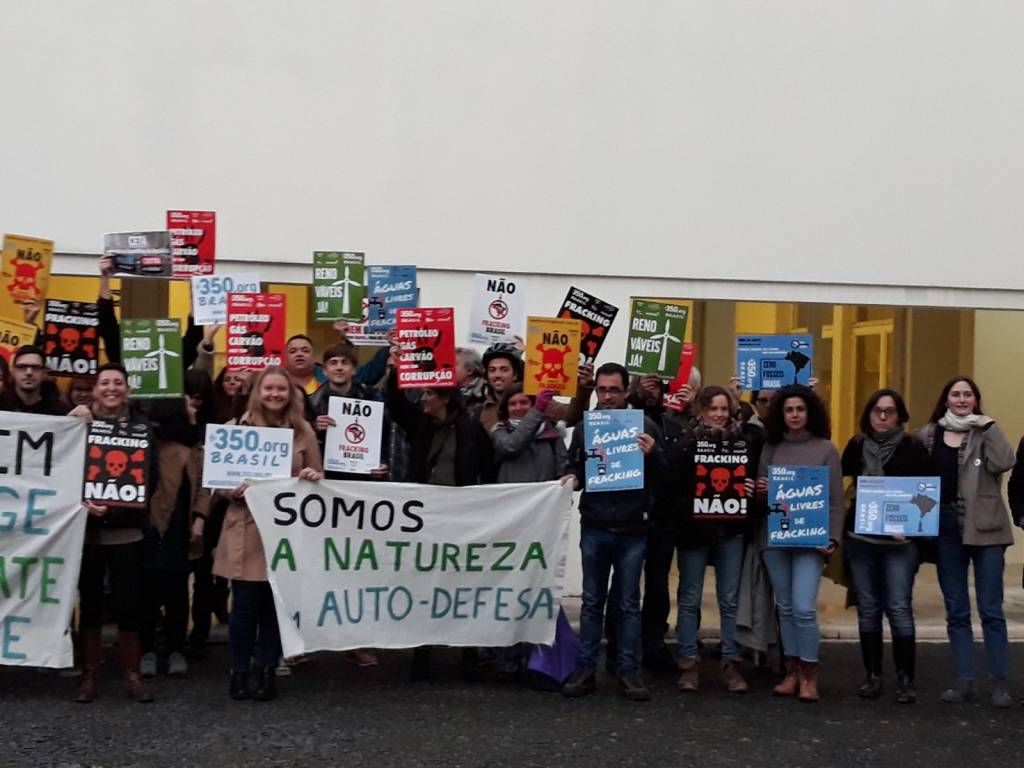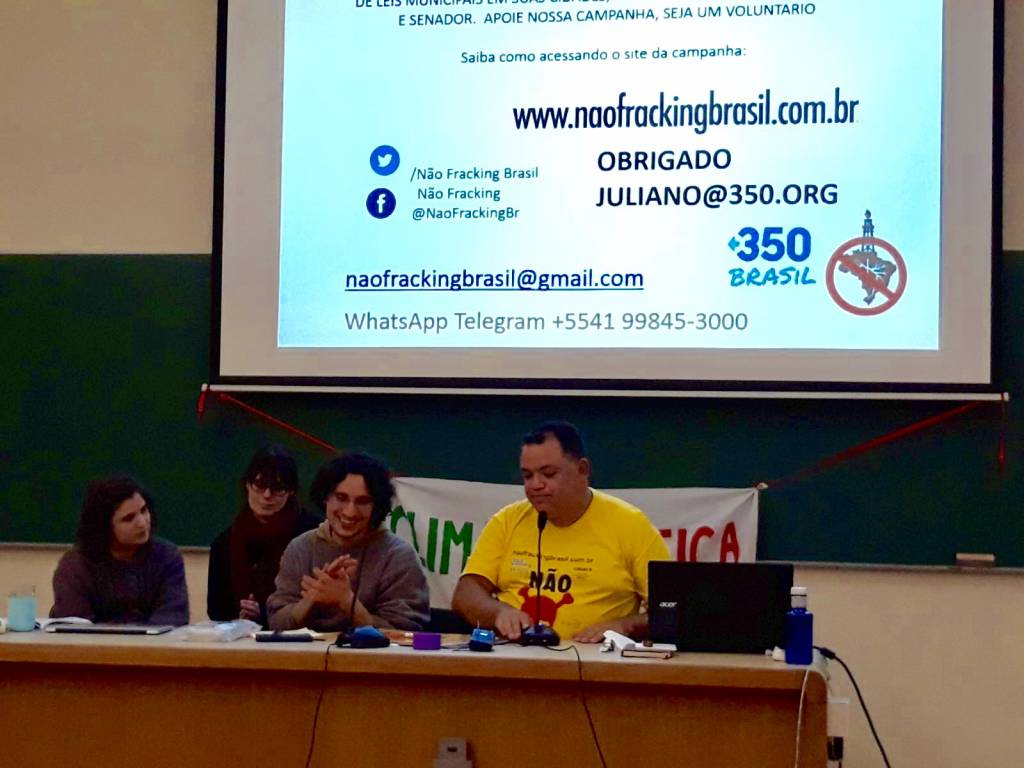
The 3rd National Meeting for Climate Justice, held on Sunday (11) at the Faculty of Sciences of the University of Lisbon, Portugal, brought together activists and academics from more than 20 social movements, organizations and trade unions to discuss some of the central themes of the struggle for social justice in combating climate change. From forest fires to the fight against fossil fuels in Germany, the UK and Brazil, the meeting discussed the most critical projects, or the ‘red lines‘, for the future.
The main issues under discussion were the link between climate change and a eucalypped forest that produced the catastrophic fires of 2017, the threat of underwater mining in the Azores region, the impact of the new mechanisms of international trade (Multilateral Investment Court) in climatic injustice, the necessary relationship between combating climate change and promoting public transport, threats to the exploitation of fossil fuels in Portugal, alternative sources of energy and the migration process linked to climate change.
The event ended with an illustrative session of intense social confrontations in the fight against fracking and oil exploration in Brazil and Latin America, in the United Kingdom and in the fight against coal in Germany, with international representatives from 350.org Brazil, the No Fracking Coalition, as well as from the organizations Reclaim The Power in the United Kingdom, and Ende Gelände in Germany.
“I am happy to represent Brazil and Latin America in this meeting. I believe these forums of international articulation are fundamental to the cause, because we can share experiences, practices and knowledge, expand our partnerships and, possibly, our branch of action, thus increasing the strength of the global movement fighting for climate justice and for a Fossil Free world,” said Juliano Bueno de Araujo, climate campaigner at 350.org Brasil and founder of COESUS, presented the experiences of the No Fracking Brazil campaign.
Among the main decisions of the national meeting was the guarantee of a decisive fight for the end of the oil and gas exploration contracts in Portugal, starting with the block of Aljezur, of the companies GALP and ENI, recently authorized by the Portuguese government. The activists have pledged to take concrete actions against its realization, to be announced in the coming weeks.
